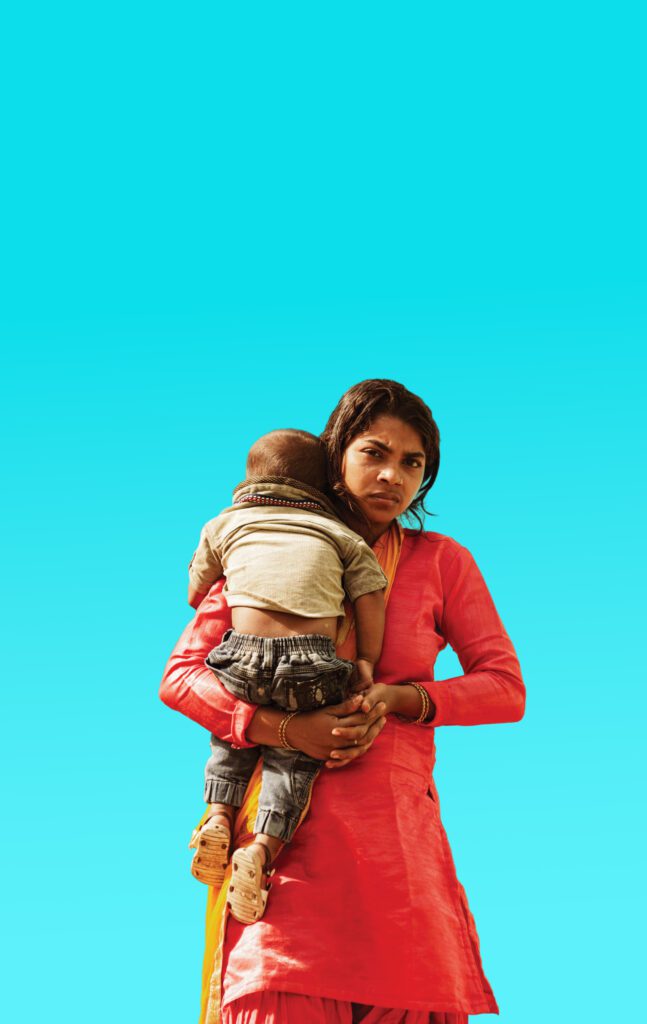
Last week USDA Secretary Tom Vilsack led a ceremony to name a courtyard at USDA for Cesar Chavez. Vilsack explained that it was the 50th anniversary of a United Farm Worker hunger strike Chavez led “to bring justice and equality to the people who feed America.”
The organizing efforts of Cesar Chavez, his grape boycotts and hunger strikes, were a way of forcing the country to bear witness to the injustices suffered by migrant farm workers. Today his legacy stands as an amazing testament to one man’s ability to make a nation pay attention to what was otherwise invisible to most of us.
Secretary Vilsack’s action 50 years later, could be mistaken for a small symbolic gesture but it actually represents a historic milestone. On Sunday night Vilsack told me: “It is hard to believe but until this administration no representative from the United Farm Workers Union ever felt welcomed or set foot in the USDA headquarters. It was long, long overdue.”
Since Vilsack became Secretary, the USDA has invested more than $200 million in affordable housing for farmworkers. From his first day in office he has championed the vulnerable and voiceless. A few months into his term he told of how during his job “interview” with President Obama, the president said he knew that there were numerous responsibilities at USDA but the number one thing he wanted him to do was make sure children get fed. Just last month we met with him at his office to talk strategies for protecting SNAP and Child Nutrition Reauthorization.
During the event last week it was as if Vilsack was taking a page from Cesar Chavez’s own playbook and continuing in the tradition Chavez established – acting to bear witness, putting others in a position to do so, insisting that we have a duty to see, remember, and give voice.


